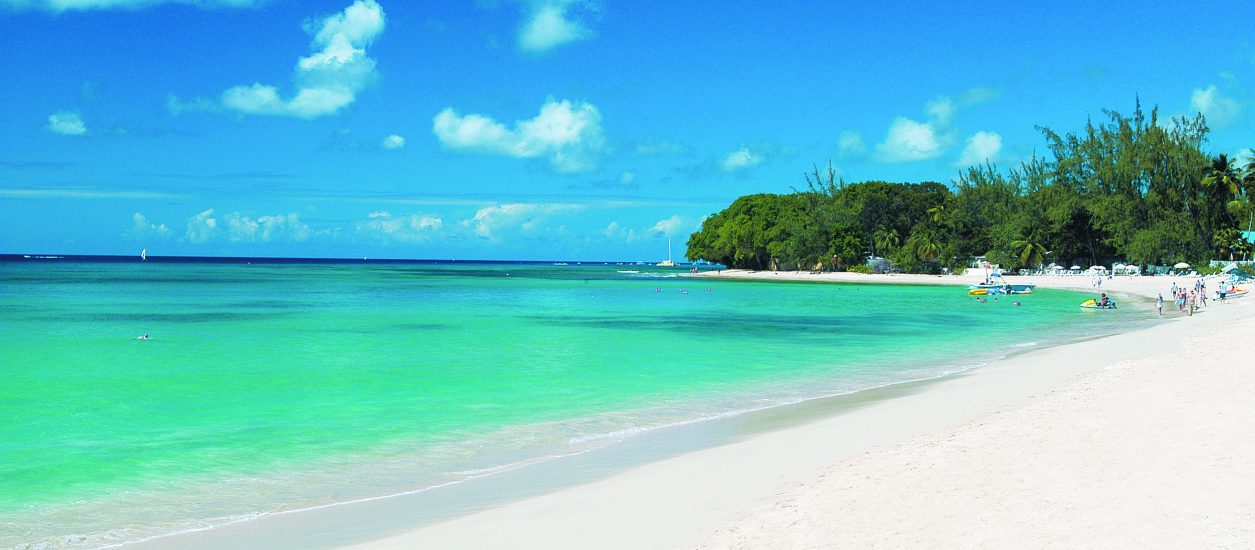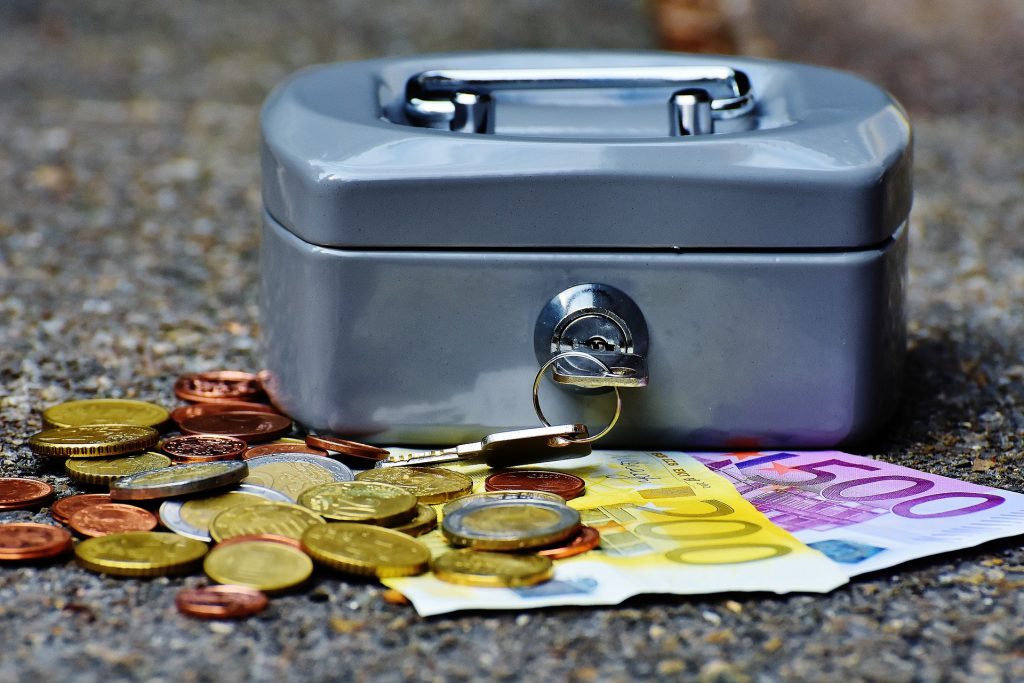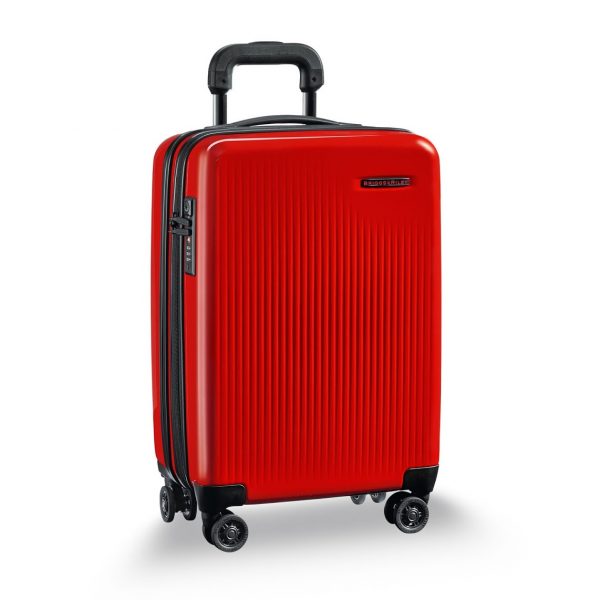The biggest holiday money leaks and how to plug them
Here, with help from GoCompare Money, we outlines the 15 quickest ways to waste money on holiday: from rip-off car hire companies to excess baggage charges
While the fall in the value of sterling has hit British holidaymakers’ spending power overseas, new research reveals that Brits abroad are potentially wasting their hard-earned cash on avoidable charges and poor deals.
The research**, commissioned by GoCompare Money, asked Brits about their holiday money spending mistakes – many of which result from thoughtless spending, avoidable fees or a failure to plan ahead.
The top three holiday money leaks identified were: paying a premium to eat or drink in cafes and restaurants in main tourist hotspots, incurring charges for using an ATM abroad and, poor foreign currency exchange rates. Other money mistakes include exceeding the air-port carry-on rules for liquids and having bottles of drink, make-up, sun-cream and toiletries confiscated, charges for excess baggage and, rip-off fees charged by car hire companies.
| Rank | Holiday money wasters | % |
| 1 | Paying a fortune to eat or drink in cafes and restaurants in main tourist hotspots | 31 |
| 2 | Incurring ATM foreign transaction fees | 31 |
| 3 | Poor exchange rates | 31 |
| 4 | Getting caught out by roaming charges for mobile phone and mobile data use | 28 |
| 5 | Over charging by local taxi drivers | 22 |
| 6 | Having bottles of liquid over the100ml airport carry-on limit confiscated | 19 |
| 7 | Excess baggage charges | 16 |
| 8 | Fees for using a credit card abroad | 15 |
| 9 | Rip-off fees charged by car hire companies for waiver insurance or damage | 13 |
| 10 | Being hit by high commission rates for exchanging money at an airport | 11 |
| 11 | Credit card charges for withdrawing foreign currency | 9 |
| 12 | Inaccurately calculating the exchange rate and paying too much for goods abroad | 9 |
| 13 | Higher car parking charges incurred by failing to pre-book airport parking | 6 |
| 14 | Paying for medical treatment abroad | 6 |
| 15 | Using a loan or credit card to pay for holiday and incurring interest on the repayments | 4 |
Matt Sanders from GoCompare Money commented, “Individually, many of the holiday money leaks identified in our survey relate to relatively low value items like an overpriced meal or confiscated bottles of sun-cream at the airport. But, others such as excess charges from hire car companies can leave a sizable dent in your holiday budget.
“Many holidaymakers are happy to pay extra to enjoy a stunning view while sipping a coffee or glass of wine but, forking out for avoidable bank fees or unplanned mobile phone or data charges can be expensive and really take the shine off your holiday. The good news is that ‘Roam Like Home’ legislation came into force this June, abolishing roaming fees across the EU. Holidaymakers need to be aware that they may still be caught out by a shock bill when they get home if they exceed their regular phone or data allowances or, travel outside EU territories.”
Matt Sanders continued, “Costly or avoidable money-rated charges made several appearances in our table of holiday money wasters. However, a little forethought can help you get a good deal on foreign currency and avoid unnecessary bank or credit card fees. For example, foreign currency exchanges situated at airports tend to have the worst rates so are best avoided.
“Credit cards can help spread the cost of a holiday and offer added consumer protection for purchases if something goes wrong. However, nearly all card providers charge for transactions made abroad. A non-sterling transaction fee, of typically 2.75% to 2.99%, is charged for overseas spending** and a cash fee is applied for cash withdraws outside the UK. Also, if overseas spending is transacted in a local currency on your card, the exchange rate will be determined by the card issuer. This rate may not be as competitive as offered via a bureau de change.”
TRAVEL MONEY SAVING TIPS FROM GOCOMPARE MONEY
Currency and cards: Foreign currency exchange rates vary widely, depending on where and when you swap your money. Give yourself sufficient time to shop around for the best deal.
Before jetting off, check your debt and credit card provider’s charges for withdrawing cash abroad, foreign usage fees can significantly increase the cost of access currency via an ATM.
Familiarise yourself with the exchange rate of the country you are visiting, this will help you keep tabs on your spending and help you spot any bargain buys.
Travel Insurance: Always buy travel insurance for a foreign holiday. Travel insurance provides financial protection against a range of unexpected events – such as illness, injury, theft and loss of baggage and personal belongings, as well as travel delays and holiday cancellation. Prices and cover levels vary so, use a comparison website to shop around for the best deals.
If you are travelling within Europe make sure you take a free European Health Insurance Card (EHIC) with you. An EHIC entitles the bearer to the same level of state medical care provided to eligible nationals of the EEA country they’re travelling in.
Mobile phones and data roaming: On 15 June 2017, intra-European Union roaming charges were abolished. This means that wherever you are in the European Union your mobile phone operator will charge you the same for calls and texts as though you are in the UK. However, special ‘fair rate’ rules and rates apply to data use. Whenever you cross an internal EU border, you should receive a text message from your mobile operator to say that you’re roaming and reminding you of its fair-use policy. For non-EU countries (including Switzerland, Iceland, Norway) check your mobile operator’s roaming charging policy – otherwise you could be in for a nasty shock when your bill arrives.
Know your limits at the Airport: If you are jetting off abroad, familiarise yourself with your carrier’s luggage allowance rules, otherwise you will be faced with hefty excess baggage charges. Whether you are checking luggage into the hold or travelling with hand baggage only, weigh and measure your bags and cases to ensure they are within the permitted allowances. If your trip involves a shopping spree, make sure your outbound luggage weight allows for this.
Individual containers for liquids and pastes must hold no more than 100ml. Bottles must be held in a single transparent, re-sealable plastic bag, collectively the containers must not hold more than one litre. Only one plastic bag of liquids is allowed per person.












